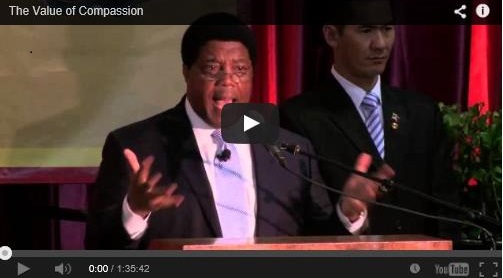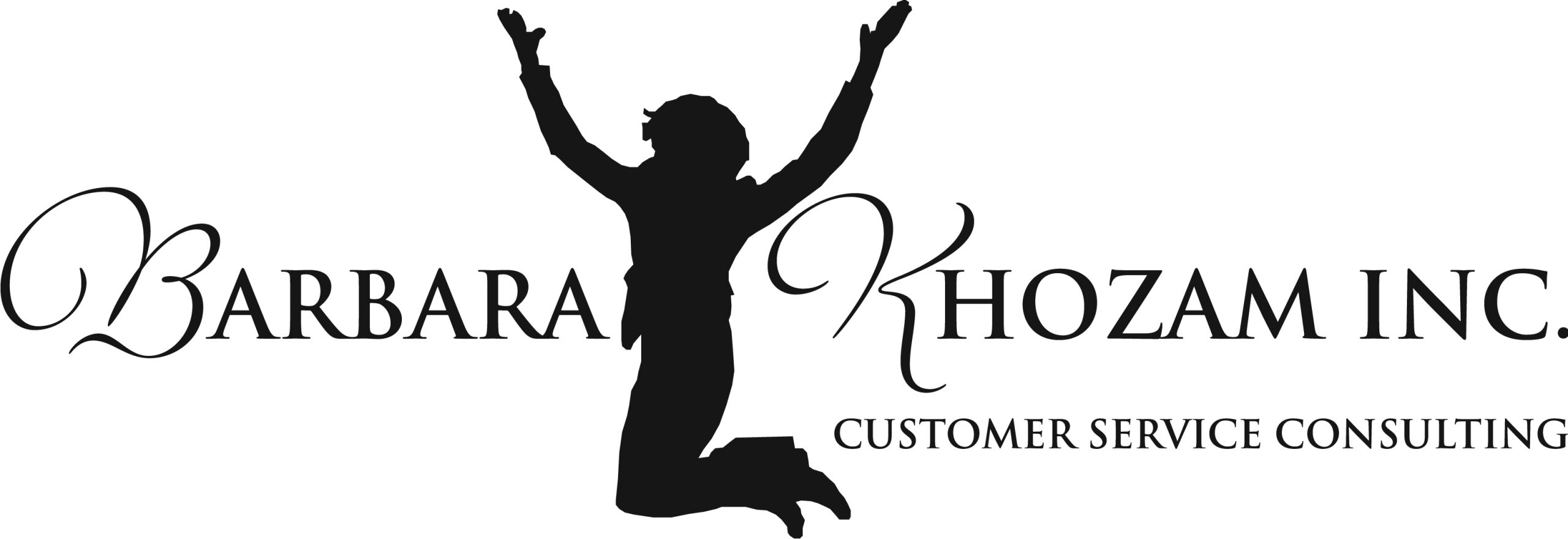In last week’s blog post, Is there a place for compassion at work?, I mentioned a company that lives and breathes the principles of kindness and compassion—daily. This week, I’ll share the details of how to build a culture of compassion, the Lloyd Dean way. And from the Dalai Lama interview that I also mentioned to you last week, I’ll share some of the highlights this week. Simply click on and follow the link.
Real World Story:
WHO? Lloyd Dean is CEO of Dignity Health, one of the largest healthcare franchises in the United States. Lloyd has transformed Dignity Health from losing a million 
Lloyd Dean’s philosophy is based on two principles:
- “The secret of caring for the patient is caring for the patient.”—quoted from Francis Peabody.
- Scientific literature has shown that human connection helps us heal.
Strategies that Turn it Around:
How do you build a culture of compassion?
According to Lloyd Dean, the answer lies in the actions and decisions we make every day. Here’s what he suggests:
1. Making the big important decisions. Lloyd’s team uses a method they call the values-based decision-making process. This means we must hear and we must listen to the people who are going to be impacted and affected by the decisions we make. And we must carefully weigh how our employees, our patients, and our communities will be impacted by these decisions.
2. Encouraging not so random acts of kindness. Lloyd’s team, for example, has a program called no one dies alone. This means that for every patient who faces that juncture in life, another human being is by his side, touching and giving the love that is needed.
3. Demonstrating kindness and humanity to communities is an obligation. It is not a nicety. We are called to do this as corporate citizens.
Mr. Dean shares a story about a housekeeper in his organization who showed compassion to a woman who was recovering from breast cancer surgery. The housekeeper, having gone through a similar situation, sat with the patient, listened to her story and shared her perspective. When the patient returned home, she wrote a letter to the hospital crediting the housekeeper with “saving her life.”
Remember: All human beings want and need to be treated with respect and dignity. Kindness and compassion don’t cost a lot of money or take a lot of time, but the impact to the patient, the employee, and the company as a whole is tremendous and potentially lifesaving. So let’s go out there and BE NICE!
How does YOUR company promote kindness and compassion? I would love to hear your stories in the comments section below.
